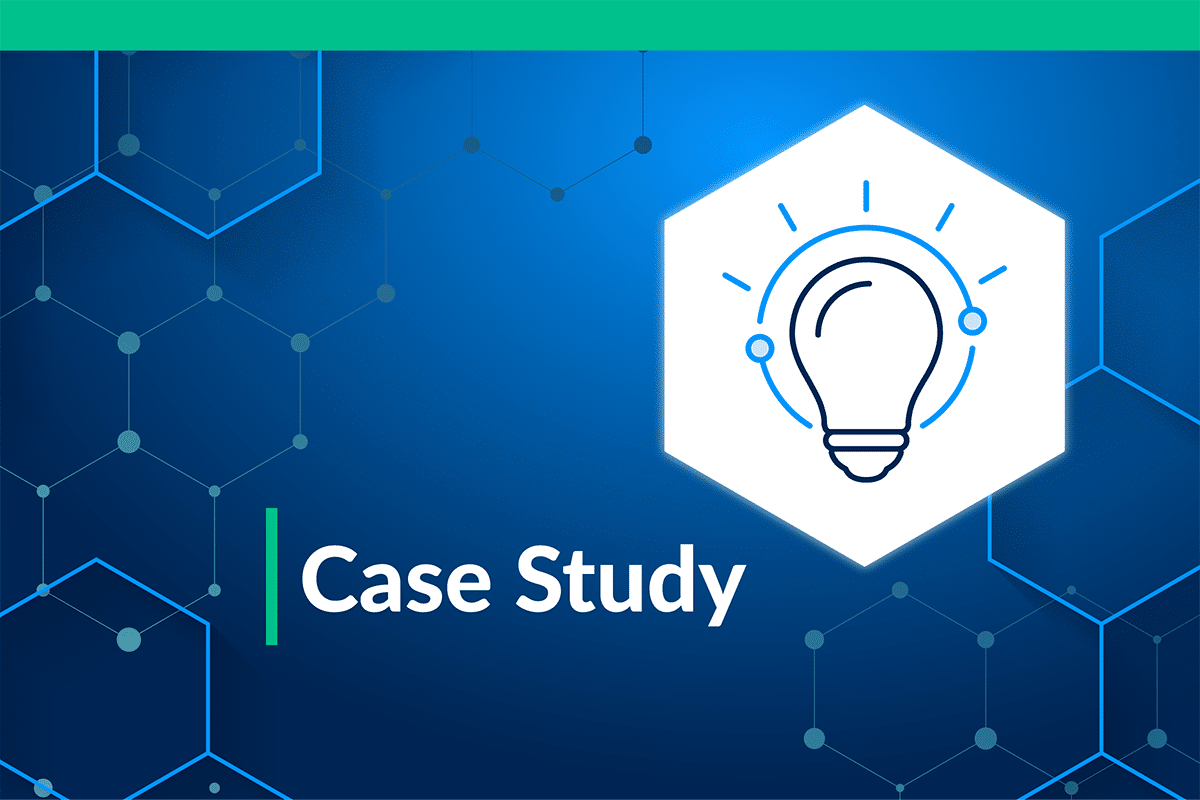Challenge
When the coronavirus emerged in the United States, M Health Fairview, the largest health system in Minnesota, dedicated one of its 12 hospitals to COVID-19 care in just 72 hours. It was an initiative that held great promise for providing specialized care for COVID-19 patients while helping to prevent the spread of infection at other facilities. The conversion of M Health Fairview Bethesda Hospital from a 50-bed long-term, acute care hospital into a COVID-19 inpatient care and response facility underscored the cracks in patient matching that threatened the health system’s COVID-19 response.
The problem: The electronic health record (EHR) in place at M Health Fairview Bethesda Hospital, the health system’s dedicated COVID-19 facility, was outdated and out of sync with the EHR at other M Health Fairview facilities. That meant clinicians who treated these patients lacked a comprehensive view of their medical history, including the chronic conditions and social determinants of health that put those patients at greater risk for complications from the virus.
Background
Three years earlier, Fairview Health Services, a not-for-profit, academic medical system based in Minneapolis and affiliated with the University of Minnesota, merged with HealthEast, based in St. Paul, to create M Health Fairview. After the merger, leaders sought to move all of the system’s facilities onto a single EHR to more seamlessly integrate patient records across the system. But Bethesda Hospital had not made this transition at the onset of the COVID-19 pandemic. As a result, clinicians treating COVID-19 patients could not electronically access their patients’ records from other facilities in the system.
“It created some very unique challenges from both an operations and clinical standpoint,” says Eric Murray, director of IT data solutions and technology, M Health Fairview. “We were the only health system in the state to provide a single hospital for COVID-19 care, and we had the potential to provide amazing care and outcomes with timely, specialized treatment. Without access to patients’ longitudinal data, however, we were missing key insights that could help us deliver advanced and personalized care.”
Solution
Given the speed with which COVID-19 patients moved across the system, M Health Fairview needed a solution that would provide fast access to comprehensive data at the point of care. M Health Fairview worked with Verato, its partner for enterprise patient identity resolution, to bridge the gap.
M Health Fairview had already worked with Verato to link nearly 7 million records from two different Epic systems, reducing duplicate records by almost half. Now, the systems had the “identity glue” to merge Bethesda Hospital records with same-patient records across the system by implementing Verato Universal® MPI, a next-generation enterprise master person index (EMPI). In just 24 hours, Bethesda Hospital’s patient identity solution went live. This gave the hospital complete access to patients’ medical information across the system, which supercharged the hospital’s dedicated COVID-19 response.
“At M. Fairview, we leverage data to personalize access, predict risk and transform outcomes for vulnerable populations. – and it’s strengthening the health of our communities.”
Genevieve Melton-Meaux, MD, PhD, surgeon and chief analytics and care innovation officer
Results
At M Fairview Health, the launch of Verato’s EMPI in just 24 hours quickly gave clinicians a unified view of patients’ medical history, strengthening their ability to provide the best and most timely care. It also positioned the system to jump start efforts to predict COVID-19 health risks.
No matter where patients’ care originated, team members at M Health Bethesda Hospital gained immediate access to a complete medical history. This empowered the organization to:
• Diagnose COVID-19 patients more quickly
• Take comorbidities into account in determining how to treat emerging symptoms
• Provide highly focused care for high-risk patients
• Share lessons learned with other healthcare providers for data-driven care
Access to a unified view of COVID-19 patient outcomes and treatment response enabled M Health Fairview researchers to build predictive algorithms that:
• Flag patients at risk of testing positive for COVID-19 based on their chest X-rays
• Identify which COVID-19 patients can be safely discharged—and when
• Integrate into the EHR to inform care at all 12 M Health Fairview hospitals throughout the pandemic
